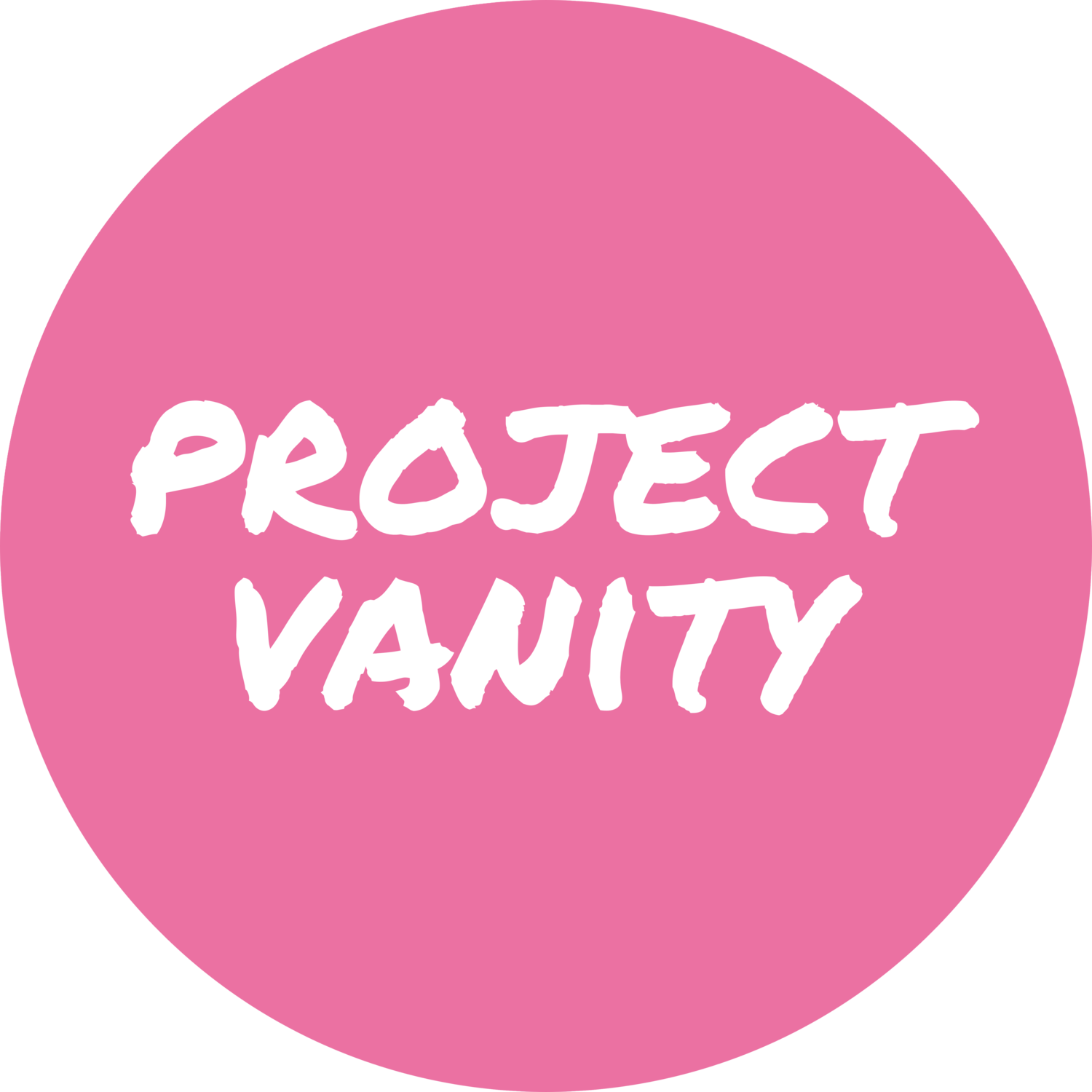Monday Musings: How to be the main actor of our lives
I’m currently reading the 2023 Pulitzer prize-winning book called Trust by Hernan Diaz. It’s a tale about ambition and wealth set in New York at the turn of the 20th century, told from three different perspectives. I’m enjoying it so far! Today I want to share a quote from the book that had me thinking about it for days.
Every life is organized around a small number of events that either propel us or bring us to a grinding halt. We spend the years between these episodes benefiting or suffering from their consequences until the arrival of the next forceful moment. A man’s worth is established by the number of these defining circumstances he is able to create for himself. He need not always be successful, for there can be great honor in defeat. But he ought to be the main actor in the decisive scenes in his existence, whether they be epic or tragic.
This made me think about the last few years, specifically about a traumatic event that I’m still processing up to this day. Both my therapist and executive coach have helped me so much when it comes to dealing with this event. But I’m still struggling with it every day. My belief in myself was shaken to its core and I am never the same person because of it. These days, I find it hard to trust myself and other people, and I feel suffocated by this inability to move forward.
Every life is organized around a small number of events that either propel us or bring us to a grinding halt. We spend the years between these episodes benefiting or suffering from their consequences until the arrival of the next forceful moment.
The quote from the book helps me acknowledge where I am right now as I deal with the consequences of the events that transpired and my role in them. I was brought to a “grinding halt” indeed, and while I’ve spent the last few years trying to mobilize myself, I feel like I’m still in the same place some of the time. But I like that Diaz talks about how there are a few events like this throughout our lives which define who we are. They are part of being alive, of learning, of growing. I am not a bad person for experiencing this; in fact, I am handed the opportunity to be better.
A man’s worth is established by the number of these defining circumstances he is able to create for himself.
I particularly love this part. Diaz talks about how we should be judged not by the things that happened to us, but what we have worked to achieve for ourselves. A good life is one where we take risks to fundamentally change what we don’t like about our circumstances. It’s where we refuse to be the passive observers of our world, only receiving, and never taking the lead.
He need not always be successful, for there can be great honor in defeat. But he ought to be the main actor in the decisive scenes in his existence, whether they be epic or tragic.
Here the author talks about how failure can be a good thing too. It challenges the common narrative that success is the ultimate end goal and failure is something to be avoided at all costs. In Diaz’s view, failure, rather than being a humiliating end, can be a noble experience. It holds the potential to teach us valuable lessons about resilience, persistence, and courage.
By reframing failure as an honorable experience rather than a shameful one, Diaz encourages us to take risks and pursue our dreams, irrespective of the outcome.
In essence, the full quote emphasizes two fundamental life principles: embracing failure as a part of growth and taking an active role in our life’s narrative. These principles, when adopted, can dramatically shift our perspectives. More often than not, just changing the way we view our circumstances is all we need to get past a particularly challenging time.
Let’s start the week by remembering that we should never define ourselves by our failures, not even by our successes, but by our response to these events. Therein lies our true power as the main actor of our iives. Happy Monday!

